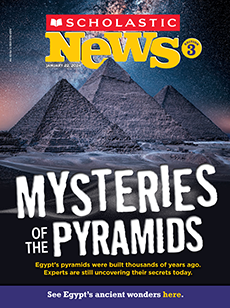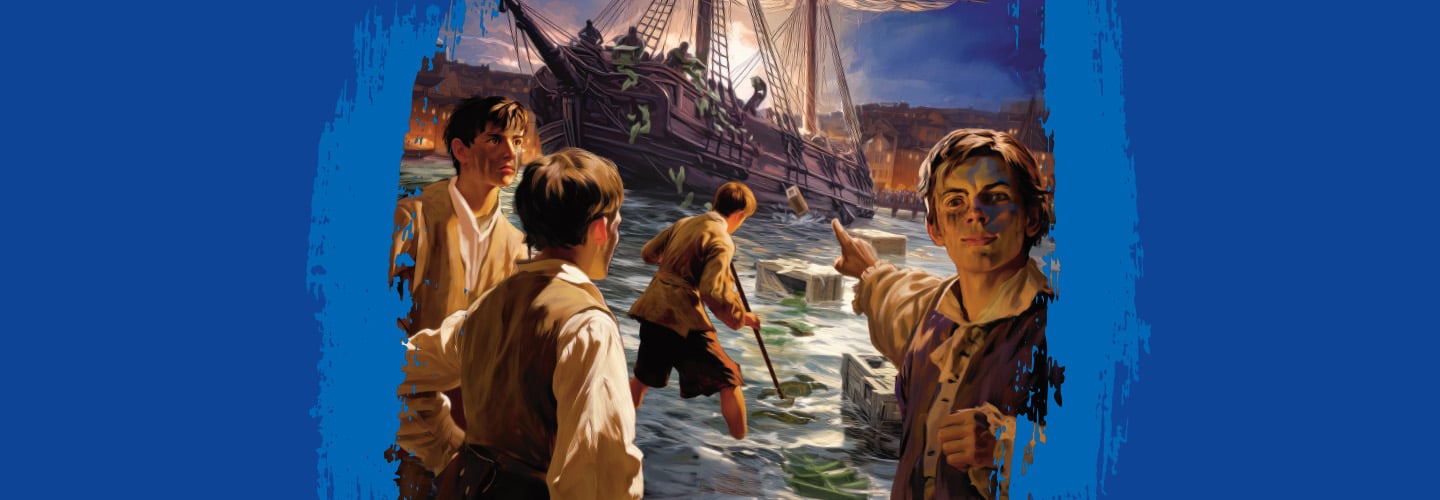Joshua Wyeth could have been arrested or killed for what he did on December 16, 1773. On that cold night, the teen snuck into Boston Harbor in Massachusetts. He was part of a surprise attack.
Joshua and about 100 other people crept aboard three ships docked in the harbor. They smashed open more than 300 chests of tea and dumped them into the water. That night became known as the Boston Tea Party. It changed the future of America.
Joshua Wyeth could have been arrested or killed for what he did. The date was December 16, 1773. On that cold night, the teen snuck into Boston Harbor in Massachusetts. He was part of a surprise attack.
Joshua and about 100 other people crept aboard three ships docked in the harbor. They smashed open more than 300 chests of tea. Then they dumped them into the water. That night became known as the Boston Tea Party. It changed the future of America.

